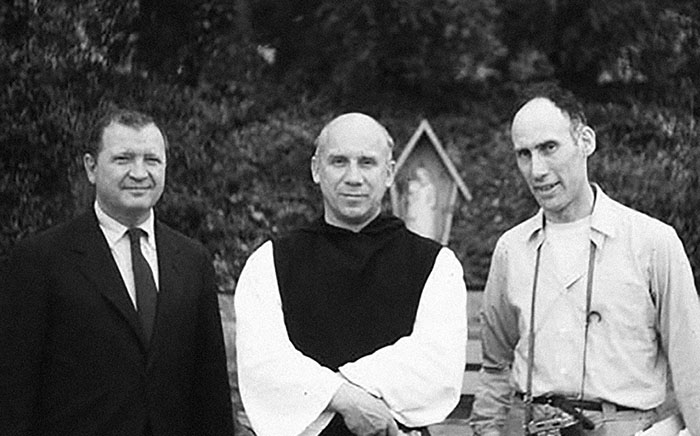Franz Kafka: The Diaries 1910-1923, ed. Max Brod, Schocken 1948, p. 199:
In the next room my mother is entertaining the L. couple. They are talking about vermin and corns. (Mrs. L. has six corns on each toe.) It is easy to see that there is no real progress made in conversations of this sort. It is information that will be forgotten again by both and that even now proceeds along in self-forgetfulness without any sense of responsibility.
I have read this passage many times, and what delights me each time is the droll understatement of it: "there is no real progress made in conversations of this sort." No indeed. There is no progress because the conversations are not seriously about anything worth talking about. There is no Verantwortlichkeit (responsibility): the talk does not answer (antworten) to anything real in the world or anything real in the interlocutors. It is jaw-flapping for its own sake, mere linguistic behavior which, if it conveys anything, conveys: ‘I like you, you like me, and everything’s fine.’
The interlocutors float along in the inauthenticity (Uneigentlichkeit) of what Martin Heidegger calls das Man, the ‘they self.’ Compare Heidegger’s analysis of idle talk (Gerede) in Sein und Zeit (1927), sec. 35.
Am I suggesting that one should absolutely avoid idle talk? That would be to take things to an unnecessary and perhaps imprudent extreme. It is prudent to get yourself perceived as a regular guy — especially if you are an 'irregular guy.'
I am not under full lockdown like the Canadians in Ontario province. But the weight room now allows only six at a time and for one hour only, and you have to book each session in advance. This Christmas Eve should be very nice. I booked a 3-4 pm slot. I expect no one else to be there; I can overstay into the 4-5 pm slot. I can sing, talk to myself, grunt, groan, and use any machine. The TVs will be on; I can crank the fans way up. I shall commandeer the stationary bike upon which I will pedal while reading J. J. Valberg's superb The Puzzle of Experience. Ditto tomorrow.
Ganz man selbst sein, kann man nur wenn man allein ist. (Schopenhauer, Parerga und Paralipomena) "Only when one is alone can one be entirely oneself." (tr. BV)
I wouldn't make a very good socialist.
Oh happy solitude, sole beatitude! The introvert comes most fully into his own and most deeply savors his psychological good fortune, in old age, as Einstein attests.
Albert Einstein, "Self-Portrait" in Out of My Later Years (Citadel Press, 1956), p. 5:
. . . For the most part I do the thing which my own nature drives me to do. It is embarrassing to earn so much respect and love for it. Arrows of hate have been shot at me too; but they never hit me, because somehow they belonged to another world, with which I have no connection whatsoever.
I live in that solitude which is painful in youth, but delicious in the years of maturity.

